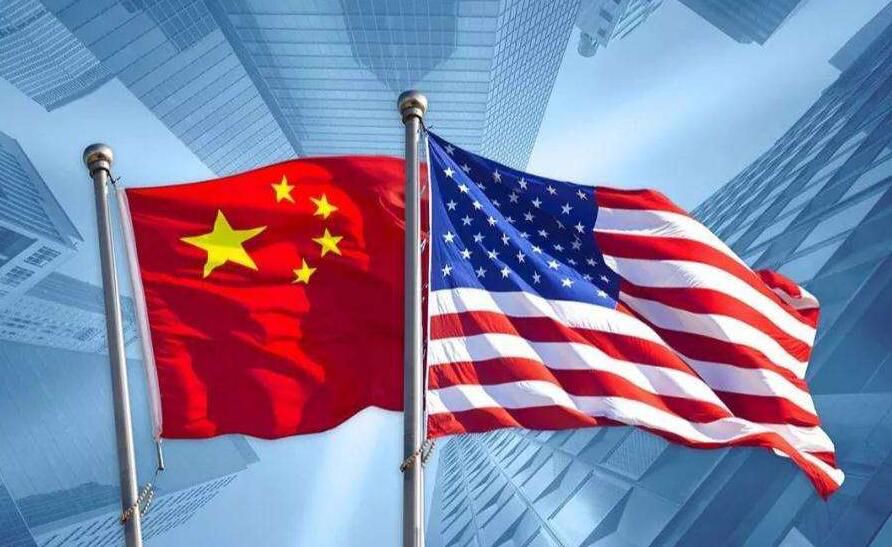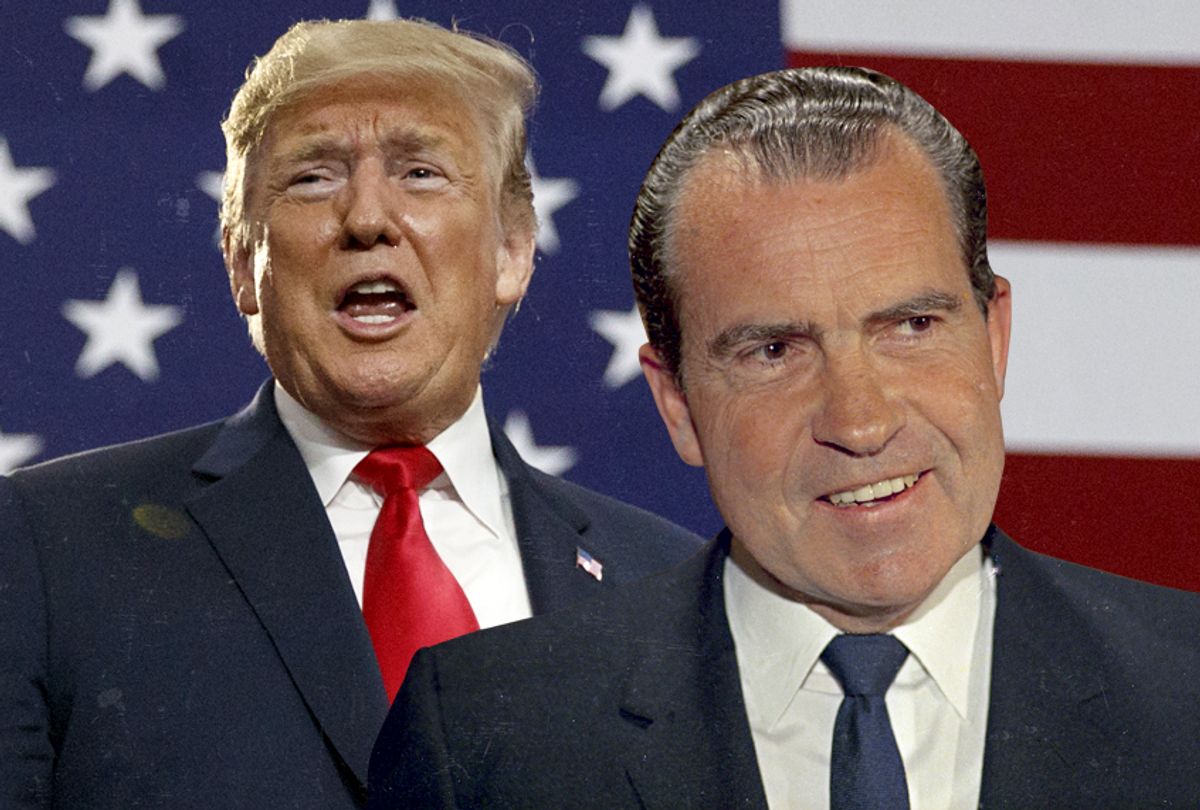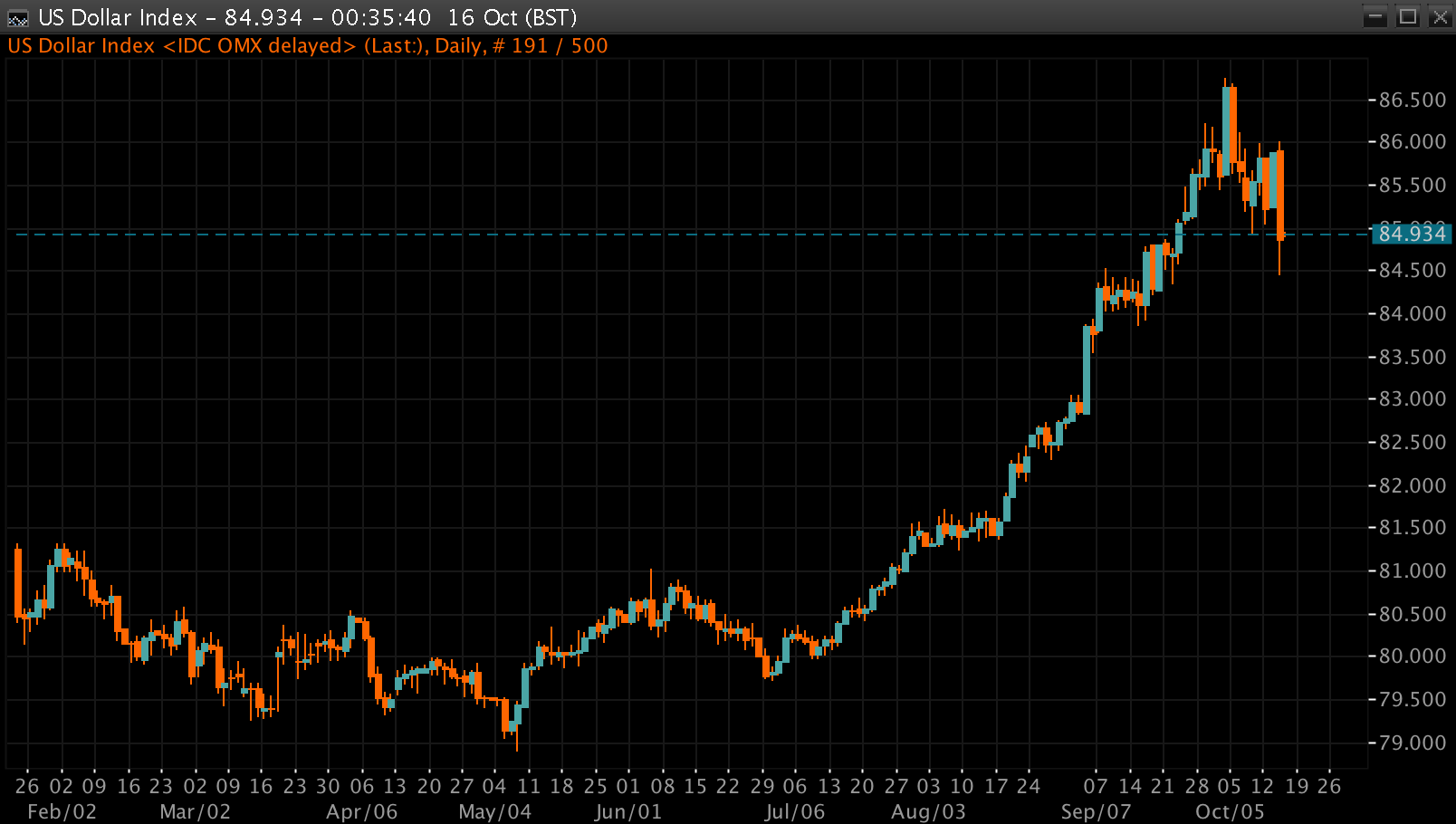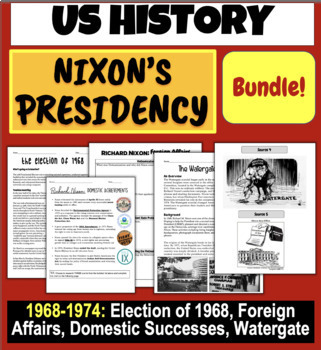Ackman's Trade War Prediction: US Vs. China

Table of Contents
Ackman's Stance on the US-China Trade War
Bill Ackman, CEO of Pershing Square Capital Management, is renowned for his high-profile investments and outspoken views on market trends. While his specific public statements directly addressing the trajectory of the US-China trade war may be limited compared to his pronouncements on other market events, analyzing his broader investment strategies and public commentary provides valuable insight into his likely perspective. His focus often centers on identifying undervalued assets and navigating macroeconomic uncertainty. Therefore, understanding his general approach to risk and reward offers clues to how he might view the trade war’s long-term implications.
- Key predictions (inferred): Given his investment style, it can be inferred Ackman might predict increased volatility in the short term, favoring companies that can withstand supply chain disruptions or adapt to shifting trade dynamics.
- Winners and Losers (inferred): He likely sees winners in companies that can successfully navigate the complexities of global trade, perhaps those with diversified supply chains or strong domestic markets. Conversely, those heavily reliant on exports to or imports from either country might be viewed as potential losers.
- Specific companies/sectors (inferred): Sectors less reliant on direct trade between the US and China, or those who benefit from reshoring or nearshoring initiatives, are likely to be viewed more favorably by an investor with Ackman's risk profile.
Analyzing the Economic Implications of Ackman's Predictions
The economic consequences of the US-China trade war are far-reaching and multifaceted. Based on an inferred Ackman perspective, we can explore several potential impacts:
- Global supply chain disruptions: Increased tariffs and trade restrictions lead to longer and more complex supply chains, impacting manufacturing and delivery times, potentially increasing costs for consumers.
- Inflation and consumer prices: Disruptions can cause shortages, driving up prices for goods and services. This inflation can significantly impact consumer spending and overall economic growth.
- Impact on specific industries: The technology sector, particularly semiconductor manufacturing, is heavily affected by trade tensions. Manufacturing industries in both the US and China experience direct impacts, forcing adaptation and potentially leading to job displacement in some areas.
Investment Strategies Based on Ackman's Trade War Outlook
How can investors leverage (inferred) Ackman's perspective to make informed decisions?
- Diversification: Reduce exposure to any single sector or region heavily affected by trade tensions. Diversification across asset classes, geographical regions, and industries is crucial.
- Invest in less affected sectors: Look for companies with resilient business models less susceptible to trade disruptions. Healthcare, consumer staples, and certain technology sub-sectors might offer relatively better stability.
- Hedging strategies: Employ strategies to protect against market volatility arising from trade-related uncertainty. This might involve using options or other derivatives to manage risk.
Counterarguments and Alternative Perspectives on the US-China Trade War
It is crucial to consider differing viewpoints on the US-China trade war. Some argue that the conflict is a necessary step to rebalance global trade and promote domestic manufacturing. Others believe that prolonged trade tensions will negatively impact global growth and potentially trigger a global recession.
- Arguments contradicting Ackman's (inferred) predictions: Some might argue that the trade war's impact is overstated, and that the global economy is adaptable enough to weather the storm. They might point to technological innovation as a way to bypass trade barriers.
- Alternative scenarios: The trade conflict could escalate, de-escalate, or even resolve into a new form of trade relationship. Each scenario has drastically different economic implications.
- Unexpected outcomes: Unforeseen events could significantly influence the outcome. Geopolitical shifts, technological advancements, or changes in domestic policies could alter the current trajectory.
Understanding and Navigating Ackman's US-China Trade War Prediction
While we cannot definitively state Ackman's precise predictions, by analyzing his general investment philosophy and the broader economic implications of the US-China trade war, we can draw conclusions about potential investment strategies. The uncertainty inherent in forecasting geopolitical events underscores the importance of considering multiple perspectives when forming investment strategies. Remember that diverse viewpoints exist, and the eventual outcome of the US-China trade conflict remains uncertain. Stay informed on the evolving US-China trade war and develop your own informed opinion to navigate this complex environment. Learn more about mitigating risks related to the US-China trade tensions and build a robust investment portfolio that accounts for various potential scenarios.

Featured Posts
-
 A Fifth Champions League Spot The Premier Leagues Future
Apr 27, 2025
A Fifth Champions League Spot The Premier Leagues Future
Apr 27, 2025 -
 Juliette Binoche Appointed Head Of Cannes Jury
Apr 27, 2025
Juliette Binoche Appointed Head Of Cannes Jury
Apr 27, 2025 -
 Ariana Grandes Bold New Look The Importance Of Professional Guidance
Apr 27, 2025
Ariana Grandes Bold New Look The Importance Of Professional Guidance
Apr 27, 2025 -
 Movies And Shows To Watch On Kanopy A Free Streaming Guide
Apr 27, 2025
Movies And Shows To Watch On Kanopy A Free Streaming Guide
Apr 27, 2025 -
 Justin Herbert Chargers 2025 Season Opener In Brazil
Apr 27, 2025
Justin Herbert Chargers 2025 Season Opener In Brazil
Apr 27, 2025
Latest Posts
-
 The U S Dollars First 100 Days A Historical Comparison
Apr 28, 2025
The U S Dollars First 100 Days A Historical Comparison
Apr 28, 2025 -
 U S Dollars Troubled Start Parallels To The Nixon Presidency
Apr 28, 2025
U S Dollars Troubled Start Parallels To The Nixon Presidency
Apr 28, 2025 -
 Nixons Shadow A Look At The Current U S Dollars Performance
Apr 28, 2025
Nixons Shadow A Look At The Current U S Dollars Performance
Apr 28, 2025 -
 U S Dollar Weak Start To Presidency Mirrors Nixon Era
Apr 28, 2025
U S Dollar Weak Start To Presidency Mirrors Nixon Era
Apr 28, 2025 -
 Yukon Legislature Mine Managers Testimony Sparks Contempt Threat
Apr 28, 2025
Yukon Legislature Mine Managers Testimony Sparks Contempt Threat
Apr 28, 2025
